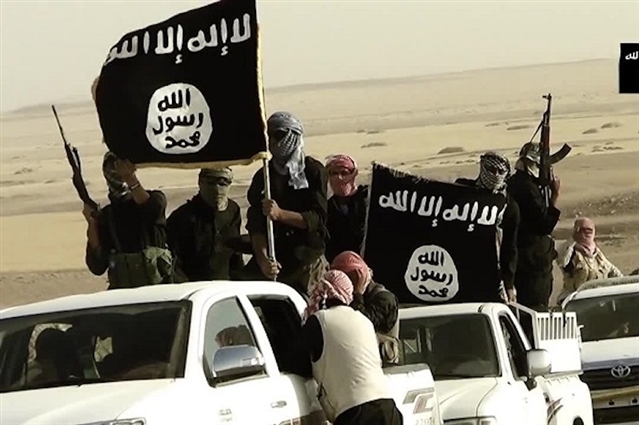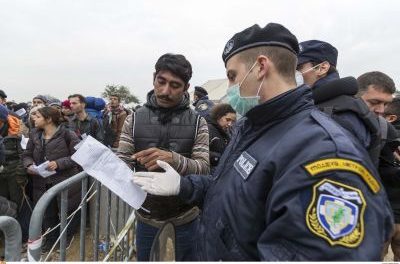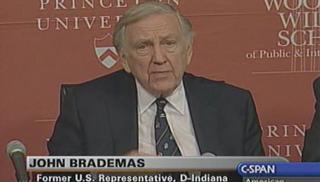By Editorial Board of Chicago tribune
Islamic State has harbored dreams of establishing a caliphate across the Middle East from which to terrorize the West.
Now there’s little doubt that the world’s most feared extremist group is on the run and losing territory. Islamic State militants put up a hard fight to defend their principal stronghold in Iraq, the northern city of Mosul, where they succumbed to Iraqi forces after nine months of bitter, bloody combat. But in the small northern city of Tal Afar, the next bid by Iraqi troops to root out Islamic State fighters has taken just 11 days.
In Syria, a U.S.-backed coalition of Syrian Kurd and Syrian Arab fighters is making headway against Islamic State militants battling to defend their main stronghold in that country, the northern city of Raqqa.
But Islamic State is far from neutralized. Its members still have a presence in large pockets of northern Iraq and Syria, particularly in the Euphrates River Valley, and the fight to retake that territory will continue for some time. But it’s clear the militant group is steadily losing a grip on the massive footprint it once had.
That’s welcome news. Yet the world can’t ease up on what has been its most worrisome extremist threat.
Why? Because the peril posed by Islamic State reaches far beyond territory it has taken. The Islamic State playbook menaces many nations because at its core is an online capability to inspire cells and lone wolves embedded in everyday life in Europe, in the U.S., and around the world. The means used by terrorists lathered up by Islamic State propaganda have evolved — splashy, elaborate schemes have given way to acts of violence that are difficult to ferret out in advance: an attacker wielding a knife, or a militant barreling into a throng of bystanders in a speeding van.
The list of deadly vehicular attacks is getting longer: Barcelona in August, London in the spring and summer, Stockholm in April, Berlin last December, Nice in July 2016. For evidence that an Islamic State presence can emerge close to home, look no further than the recent arrest of a Villa Park man, an Uzbek national, on charges that he raised money to send fighters from the U.S. to fight for Islamic State in Syria.
The U.S. has provided Iraqi troops and Syrian Kurdish and Arab fighters with the arms and airstrikes they need to retake villages and cities held by Islamic State. That part of Washington’s game plan has been working. But the Trump administration must succeed against the other claim that Islamic State has staked out — its robust presence in the online world. The fight against Islamic State is a fight with several fronts. And the battle in the digital landscape is just as crucial as the one on land.



















